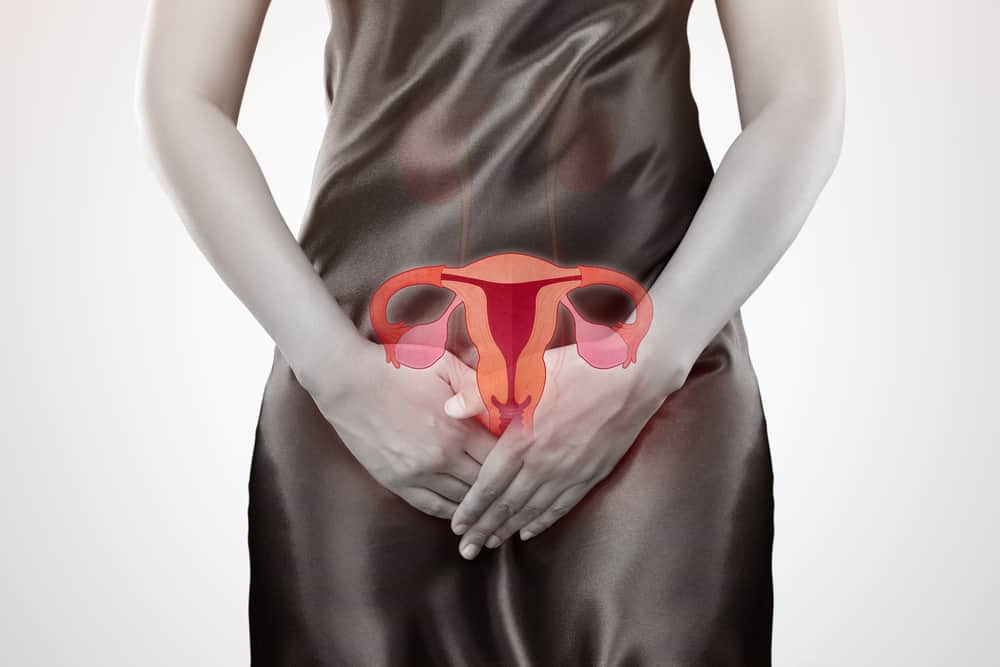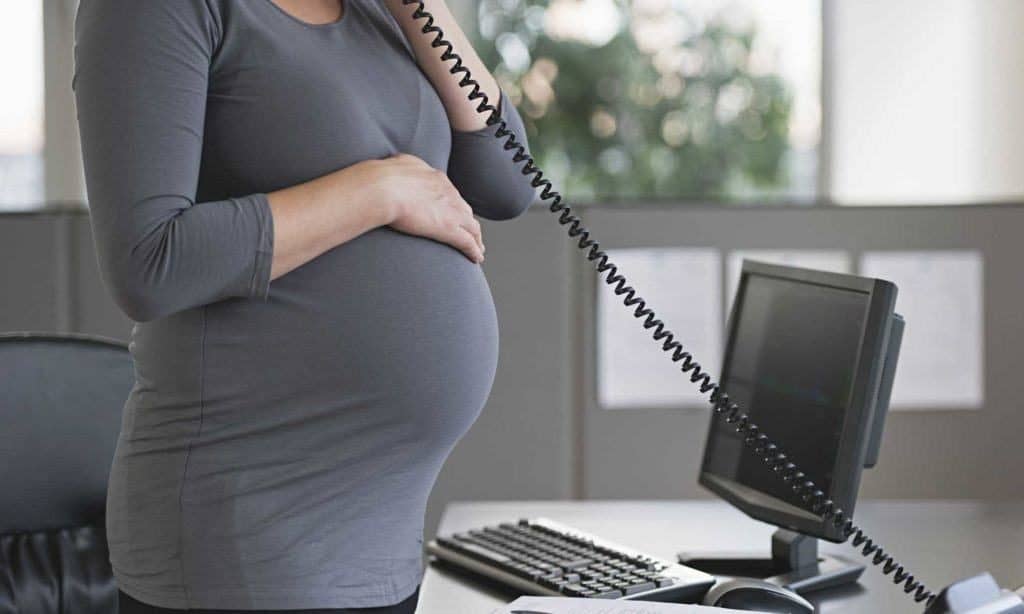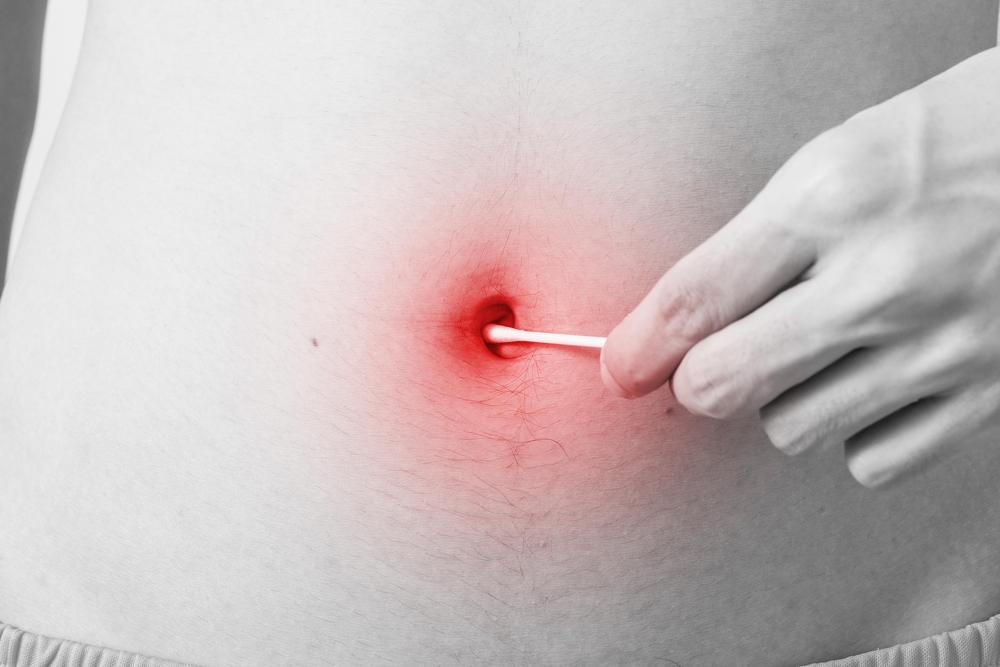Contents:
- Medical Video: Early Brain Development - Boys Town Pediatrics
- Development & Behavior
- How should my child develop on the 12th month?
- How can I help my child develop on the 12th month?
- Health & Safety
- What should I discuss with the doctor on the 12th month?
- What should I know on month 12?
- My attention
- What should I pay attention to on the 12th month?
Medical Video: Early Brain Development - Boys Town Pediatrics
Development & Behavior
How should my child develop on the 12th month?
Your child is finally 1 year old! You made it through the first year. Your child begins to become more independent by starting his first step. Many children do their first steps sometimes between 9-12 months and go well when they are 14 or 15 months old. But don't worry if he still can't let go of his grip when walking or standing. It is still normal if the child has not made the first step until they are 15 or 16 months old, or even more.
After months of chattering with baby's language, your child starts making meaningful words. This process is not brief, and the development is different for each child. One important thing is that the child understands more than he can say.
How can I help my child develop on the 12th month?
Encourage your child to explore and walk by giving him many opportunities to move without help and not to lift or carry him too often. If your child is trying to walk, he may feel safer if he can hold one of your fingers.
Pure milk is usually a choice of drinks for children of this age because toddlers need fat for their growth and energy needs. Exceptions: if you are obese or suffering from obesity, or have a family history of obesity, high cholesterol, or heart disease, your pediatrician may recommend consuming low-fat milk.
Your child sees everything you do. Toddlers like to follow the behavior of those around them, especially their parents. This is how they learn basic behavior.
Remember to keep all items that are harmful to your baby.
Health & Safety
What should I discuss with the doctor on the 12th month?
It is highly recommended to control the doctor at the age of 12 months. You can prepare for the control time by preparing answers to questions that the doctor might ask, such as:
- How long does your child sleep at night and during the day?
- What type of food does your child eat? How is the appetite? Does your child enjoy his food using his own hands?
- How many teeth grow?
- Does your child crawl well? Can you stand alone properly? Can you browse or walk? Pointing? Make eye contact and respond if the name is called?
- Does your child often squint or rub his eyes, or tend to hold toys and books close to his face? Find out about other signs of visual impairment.
- Can your child look at the sound? (Find out other signs of hearing loss)
- Can your child mimic sound, chatter, or say a word?
This question will help doctors evaluate your child's sleep habits, vision, physical development and behavior. Tell your doctor if your child feels itching or discomfort. This can be a sign of allergies.
What should I know on month 12?
During a visit, the doctor will measure height, weight, and head circumference. Then the results will be entered into the growth chart. Growth charts are a little confusing but it's important to understand how to read your child's graphics. Don't worry, the doctor will definitely help you.
According to the World Health Organization, 12-year-olds should have the following average measurements:
- Men: 10 kg (BB), 78 cm (TB), 46 cm (head circumference)
- Women: 9.5 kg (BB), 78 cm (TB), 45 cm (head circumference)
This figure shows the 50th percentile. This means that 50% of 1-year-old children have the same or less weight than your child and 50% of children have more weight than your child.
If your child is included in the 25th percentile, this does not mean there is something wrong with your child. This means that 25% of 1 year olds have the same or less weight than your child. Your child will grow fast and will not be hampered by development.
Your doctor usually focuses on growth rates compared to physical measurements.
If your child stops growing or loses weight, this is a sign of a more serious problem. You only have to worry if there are drastic changes.
My attention
What should I pay attention to on the 12th month?
Here are some things you need to pay attention to:
Baby's view
Children often do not know that they have a visual impairment, so you should be more aware of the signs of potential interference.
Contact a doctor if your child:
- Often squints or blinks.
- Tilting his head to see more clearly (when looking at pictures on television for example).
- Rubbing his eyes when he wasn't sleepy.
- Difficulty seeing objects.
- Often hit objects.
You should also have your child's eyes checked if it shows signs of tear ducts, wounds, or infections, such as conjunctivitis. This sign is a lot of tears, red eyes, pain, sensitive to light, or pus or crust.
Lead poisoning
Children aged 1 or 2 years are at high risk of lead poisoning. Children can crawl on the floor and put their hands in their mouths. Even so, any age child who is in contact with lead can also suffer from lead poisoning.
Because a child's body is not fully developed, they are more easily poisoned than adults. In other words, pregnant women with increased levels of lead in the blood can transmit lead to their unborn baby.











